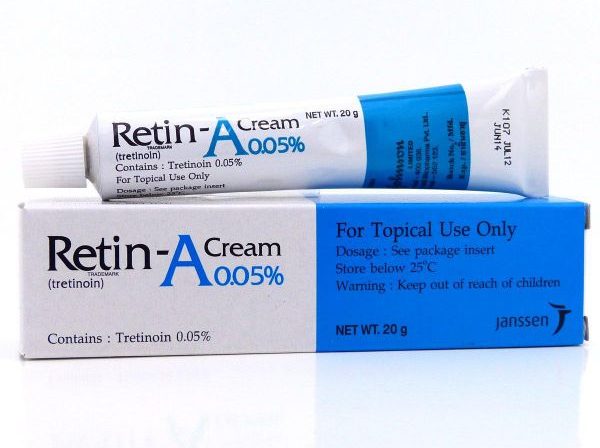Retin-A (tretinoin) is a prescription medication available in Canada for the treatment of acne and the improvement of the appearance of fine lines, wrinkles, and age spots caused by sun damage. In Canada, Retin-A is typically only available through a prescription from a licensed healthcare professional. Patients using Retin-A in Canada should follow their healthcare professional’s instructions and guidelines for use to ensure the safe and effective use of the medication.

It’s important to note that the availability and cost of prescription medications can vary by province in Canada, and some provinces may have different regulations or requirements for accessing Retin-A. Patients should speak with their healthcare professional or pharmacist for more information on obtaining and using Retin-A in Canada.
What is Retin-A
Retin-A is a brand name for the drug tretinoin, which is a topical form of vitamin A. It is commonly used as a treatment for acne and to reduce the appearance of fine lines, wrinkles, and age spots caused by sun damage. It works by increasing cell turnover and promoting new collagen production, leading to smoother and brighter skin. Retin-A is a prescription medication and should only be used under the supervision of a healthcare professional.
How Retin-A interacts with skin
Retin-A (tretinoin) works by penetrating into the deeper layers of the skin and promoting the growth of new skin cells. It also increases cell turnover and helps to unclog pores, which can reduce the formation of acne. Tretinoin affects the way skin cells behave, leading to a decrease in the formation of certain proteins that can cause the skin to appear older and damaged. It also increases the production of collagen, a protein that gives skin its structure, making it appear firmer and more elastic. By increasing cell turnover, Retin-A helps to improve the overall appearance of the skin, giving it a more youthful, radiant look. It’s important to note that the effects of tretinoin can take several weeks or even months to become noticeable, and that it can cause skin irritation and sensitivity, especially when first starting treatment.
Increasing production of collagen and Retin-A
Retin-A (tretinoin) has been shown to increase collagen production in the skin, which can lead to improved skin firmness and elasticity. Collagen is a protein that gives structure to the skin and helps to keep it looking youthful. As we age, collagen production decreases, leading to fine lines, wrinkles, and sagging skin. By promoting the growth of new collagen, Retin-A can help to reduce the appearance of these signs of aging and give the skin a more youthful appearance.
It’s important to note that the effects of tretinoin on collagen production can take several weeks or even months to become noticeable. Additionally, individual results may vary, and it’s not possible to predict how much collagen production will increase for any given person. To maximize the benefits of Retin-A, it’s important to use the medication as directed by a healthcare professional and to protect the skin from sun exposure, which can break down collagen and contribute to further skin damage.
Reviewed: February 3, 2023

